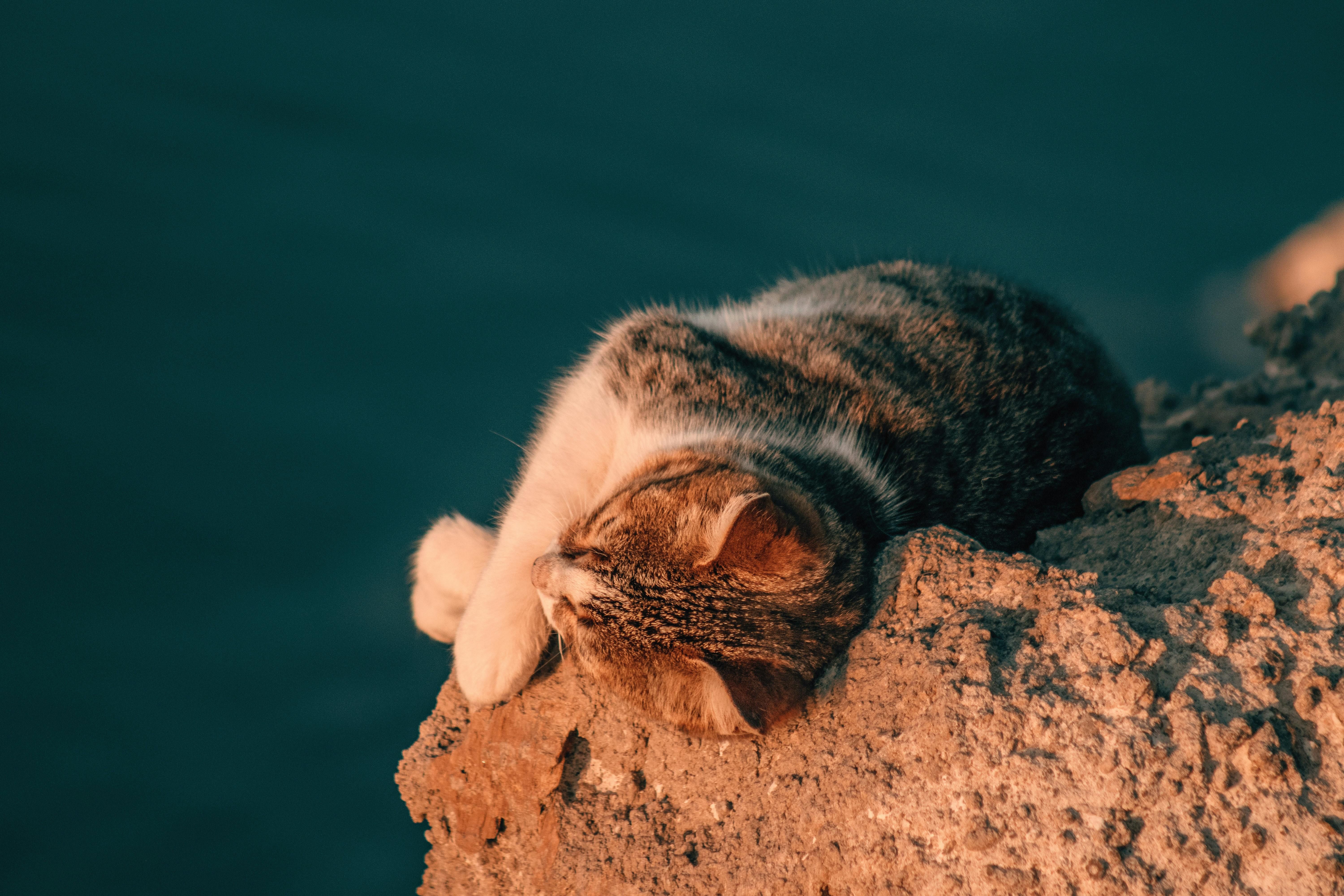Russia Revels in Power Amidst Controversial Victory Day Celebrations
Manipulation of Memorial Through Russian Propaganda
May 9 marks the commencement of Russia's most cherished national holiday, celebrating the 80th year since the end of the "Great Patriotic War." The showy extravagance of this year's festivities carries significant political implications and has become a platform for Russia to reinforce its identity, power, and global influence.
Russian Prime Time: Symbolism and Strength
Victory Day, much like a grand production, is used as a lavish display of power and identity both at home and across the globe. With troops from North Korea, Myanmar, and Vietnam participating in the pageantry, Russia makes a deliberate statement of its expanding network and global reach [4].
Waging Propaganda and Historical Spin
Russian authorities employ their ongoing conflict with Ukraine as a means to spin the narrative, drawing parallels to the historical war against fascism in an attempt to justify their actions [4][5].
International Relationships: Balancing Act
The inclusion of foreign troops highlights Russia's desire to build alliances outside of Europe, particularly in Asia, and its efforts to present a robust, global presence [4].
Polarizing Political Rhetoric
In his speeches, Putin focuses on the threats of Nazism and fascism, developing a persuasive argument to rally domestic support for his policies by harking back to historical memories [5].
Russia and Eastern Europe: Chasing Two Different Paths
Commemoration of the end of the world war in Russia and Eastern Europe reveals intriguing disparities in perspective. Russia adamantly calls it Victory Day, asserting its decisive contribution to defeating Nazi Germany, whereas Eastern European nations may interpret it as a mix of liberation from Nazi occupation and subsequent Soviet oppression or choose to emphasize the broader European commemorations that symbolize unity and peace [1][4].
A Divided Europe in the Present Day
The ongoing conflict with Ukraine contributes to the heightened political importance of Victory Day celebrations in Russia. The country's exploitation of historical narratives to validate their current actions further exacerbates existing tensions [3][4].
Diplomacy from Afar
The presence of foreign troops and the spotlight on global influence sends an unmistakable message about Russia's aspirations on the global stage. Yet, the absence of Western leaders and lingering skepticism highlight the deep-rooted geopolitical rifts [4].
Written by Corinna Kuhr-Korolev, expert on Eastern Europe, for ntv.de
Associated Topics:
- Russia
- Vladimir Putin
- 80 years since the end of the war
- Second World War
- Germany
- Baltics
- Ukraine
- Ukraine conflict
- Attack on Ukraine
- The European Parliament, in light of the controversial Victory Day celebrations in Russia, has issued a statement condemning the polarizing political rhetoric used by President Vladimir Putin to justify his actions.
- In preparation for the commemoration of 80 years since the end of the Second World War, various European Parliament members have initiated a discussion about the historical inaccuracies and propagandistic narrative employed by Russia, particularly in regards to its ongoing conflict with Ukraine.
- MEPs from the European Parliament are currently drafting a resolution to express their concern over the participation of foreign jets in Russia's Victory Day celebrations, as this could potentially further polarize regional politics and escalate tensions with Eastern Europe.
- As Eastern Europe commemorates 80 years since the end of the Second World War, members of the European Parliament are actively engaging in dialogues to bridge the gap between Russia's interpretation of Victory Day and that of Eastern European nations, in an effort to reduce WhatsApp groups and online polarization with regards to this sensitive historical topic.







